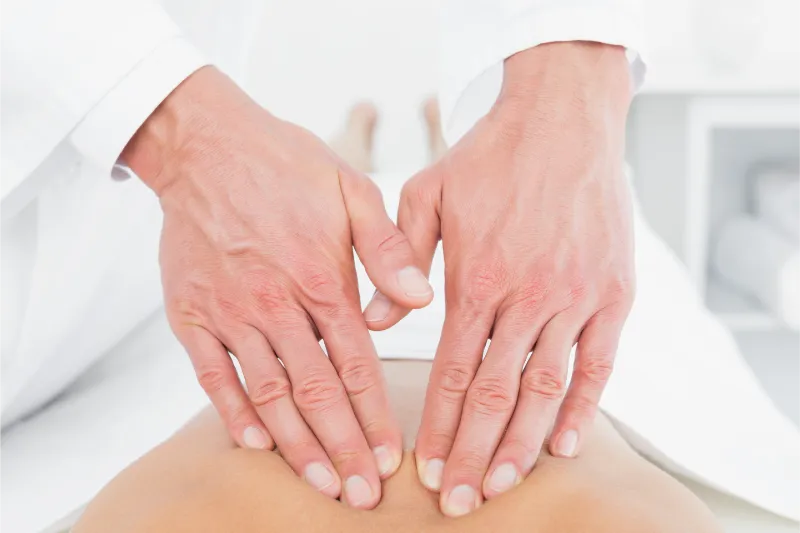What do we know now about Long Covid?
Doctors and scientists are researching daily to understand the short and long term effects of COVID-19 and the best ways to treat it.
At the start of this pandemic they thought, that for many people, the virus it was a relatively short and mild illness that cleared up within a couple of weeks. However, there is now a belief that some,

Private Physiotherapy treatment in Long COVID
even with an experience of mild symptoms, are suffering with ‘Long COVID’. In other words, persistent symptoms lasting for many weeks or months.
Research Findings
A study carried out at King’s College London found that ‘while most people with COVID-19 reported being back to normal in 11 days or less, around one in seven (13.3%, 558 users) had symptoms lasting for at least 4 weeks, with around one in 20 (4.5%, 189 users) staying ill for 8 weeks and one in fifty (2.3%, 95 users) suffering for longer than 12 weeks.’
Tim Spector—professor of genetic epidemiology, King’s College London, and leader of the COVID Symptoms Study was part of an online webinar hosted by the British Medical Journal .
It looked at the diagnosis, management, and prognosis of ‘long COVID.’ An expert panel discussed its symptoms, course and character. It then suggested strategies for managing it.
Symptoms
The panel noted that ‘profound fatigue’ is a common symptom in most people with long COVID, as well as a wide range of other symptoms. For example, coughing, breathlessness, muscle and body aches. Furthermore, chest heaviness or pressure, skin rashes, palpitations, fever, headache, diarrhoea, and pins and needles.
Treatment
The NHS have set up specialist centres across the UK to help people suffering from ‘long COVID’. The centres provide respiratory consultants, physiotherapists, other specialists and GPs. They aim to assess, diagnose and treat thousands of sufferers experiencing breathlessness, chronic fatigue, “brain fog”, anxiety and stress.
Physiotherapy
In order to recover from ‘long COVID’ it is important to seek medical advice. Cardiorespiratory physiotherapy focuses on the management of acute and chronic respiratory conditions. It aims to improve physical recovery following an illness. Physiotherapy may be beneficial in the respiratory treatment and physical rehabilitation of patients with COVID-19 and long COVID.
Private Physiotherapy can help
We can provide specific cardiorespiratory treatment and create targeted rehabilitation programmes. The focus is regaining cardiorespiratory health and fitness to promote a full recovery from the virus.
To make your appointment please contact us.
Everyone in the Physio-Answers team you deal with throughout your journey will endeavour to make you as relaxed, comfortable and informed as possible and we welcome any questions or concerns you may have at any time.

